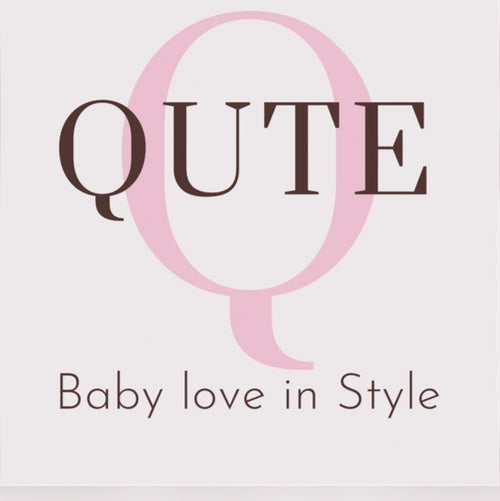What is Food Grade Silicone? :Food-grade silicone and baby-safe silicone.
A silicone product must be food grade to be used in contact with food and drinks. Since it is non-toxic, hypoallergenic, and chemically free, it is suitable to use in a variety of kitchen goods and baby products, such as pacifiers, teething toys, and feeding utensils for infants. Food grade silicone is the perfect material for infant products that frequently need to be sterilized because it is strong, clean, and temperature-resistant.
What is Medical Grade Silicone? : Baby healthcare products, medical grade silicone
Specially designed and produced medical grade silicone is produced to adhere to exacting medical standards. It is biocompatible, which means that extended contact with the human body won't result in any negative side effects. Numerous medical gadgets, such as catheters, respiratory masks, and newborn healthcare items like bottle nipples and syringes, employ medical grade silicone.
Important distinctions between medical grade and food grade Silicone : Safety of Silicone for Babies, Grades of Silicone.
The process of manufacture and intended application are the main distinctions between food grade and medical grade silicone. Despite the fact that both silicone products are risk-free and non-toxic, medical grade silicone is put through more thorough testing and quality control to fulfill the exacting standards of the medical sector. To guarantee biocompatibility and reduce the danger of allergic responses, it must adhere to specified ISO and USP criteria.
Is Silicone Safe for Babies? :silicone baby products, Baby Safety Concerns
When used properly in goods that comply with regulations, silicone of both the culinary and medicinal grades is regarded as safe for infants. But it's essential to get silicone baby goods from trusted suppliers that are upfront about the silicone grade they use. Avoid buying products that aren't certified or of low quality because they can include dangerous ingredients or contaminants.
Silicone baby products have advantages: Baby Care Essentials, Benefits of Silicone Baby Products
Choosing silicone baby items has a number of advantages, such as:
Safety: Silicone protects your baby while eating and teething because it is devoid of dangerous chemicals like BPA, phthalates, and PVC.
Durability: Silicone items are a wise investment because they are durable and resistant to wear and tear.
Easy to Clean: Silicone is non-porous, making it easy to clean with soap and water or put in the dishwasher. It also does not harbor bacteria.
Choosing silicone baby products can provide a safe and dependable option for your child when it comes to baby supplies. Silicone of both the food and medical grades is non-toxic and safe for use around infants. To maintain the greatest quality and safety standards, remember to check the silicone grade and buy items from reliable suppliers. You can confidently give your kid the finest care and comfort if you make informed choices and put their welfare first.

